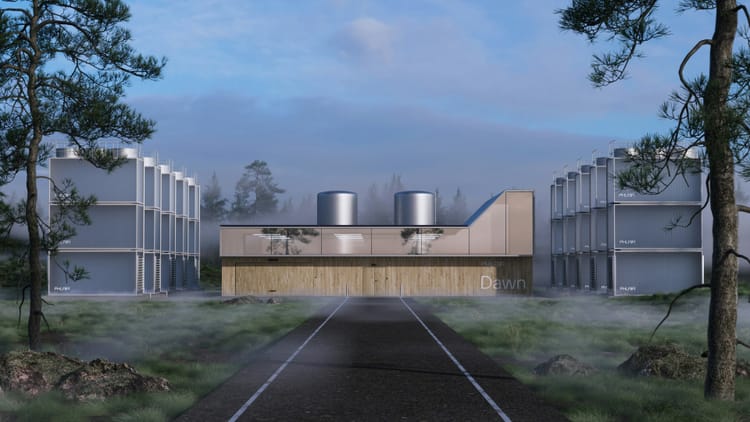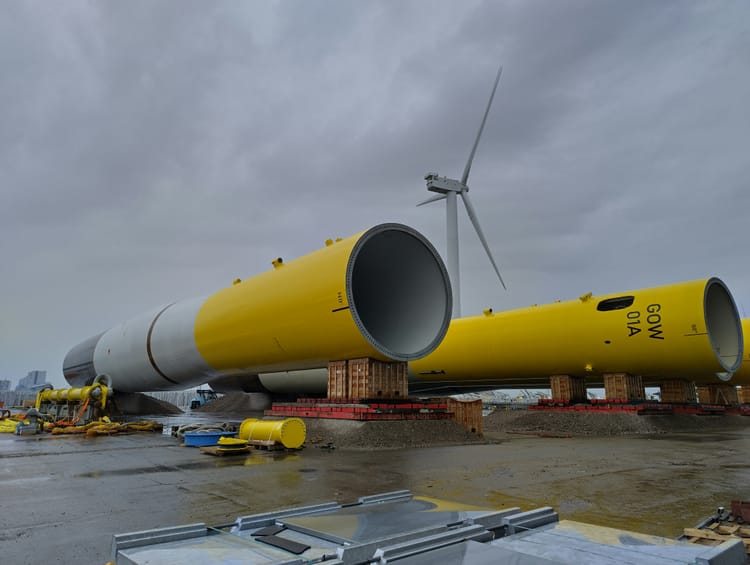Geopolitical tensions risk disrupting energy transition momentum: WEF
"Public funds may be redirected to near-term economic stabilisation, defence or social priorities."

The energy transition is showing its fastest progress since before the Covid-10 pandemic, but rising geopolitical tensions, as well as investment and deployment gap, are jeopardising this momentum.
The World Economic Forum (WEF) ‘Fostering Effective Energy Transition 2025’ report shows that 65% of countries have made progress towards secure, equitable and sustainable energy this year – including 28% that advanced across all assessed aspects of the energy transition (political commitment, finance and investment, innovation, infrastructure, and education and human capital).







